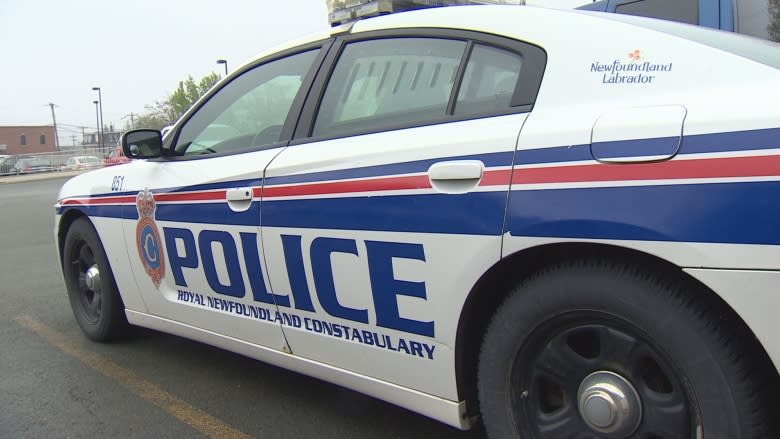Fines worth more than their cars: What should government do about delinquent drivers?
The good news is 80 per cent of drivers who rack up a fine will pay it voluntarily, according to Newfoundland and Labrador's justice minister.
The bad news is 20 per cent won't.
But instead of piling fines on top of fines, the province is considering a different model: letting people work off the fines with community service.
"Let's find a different way for them to contribute and work that off in a way that will benefit others," Justice Minister Andrew Parsons told CBC's On The Go on Friday.
Earlier this month, a driver made headlines when police pulled him over and found he had $158,000 in outstanding fines. He was also driving with a suspended license and without insurance.
It turns out most of his debt came from a single conviction — Parsons said the man had been dinged with a $170,000 fine for smuggling tobacco, and that he had paid about $12,000 of the debt so far.
But the minister acknowledges that there are a good number of drivers in the headlines and on the roads whose unpaid fines are probably worth more than their cars.
Downward spiral
Parsons says many of these situations start with a big mistake and spiral downward from there. Maybe the driver does something unwise when they're young and gets a hefty ticket and an order not to drive, he said.
But then they drive anyway, maybe for work, and with the looming fines and infractions, they can't afford insurance, he said.
Inevitably, they're caught, another fine gets added to the tally, and the whole process repeats itself.
"They end up in this downward spiral," he said.
"It's the same as many debt issues, where people just can't get out of it."
Punishing these people and keeping them off the road gets tricky, said Parsons. They could go to jail, he said, but housing someone in Her Majesty's Penitentiary costs about $100,000 a year.
"It's costing us more to do it that way."
Fines options program
Parsons said government needs a more creative solution, and one — called a fines options program — is already on the books and under consideration.
For those people who just can't afford to pay the big fines and for whom jail doesn't make sense, Parsons says the program could allow people to work off their debt with community service.
"Why can't we find a way to issue community service in exchange for the money owing?" he said.
Parsons says he sympathizes and understands with frustrated law-abiding drivers who ultimately bear the brunt of higher premiums if someone without a license or insurance hits them, but that the problem needs a completely different solution.
"Do we just put them in jail?" he said. "Or do we find a new and innovative way for them to deal with that they've done wrong and put them back in a situation where they could be driving by actually being able to afford insurance?"



